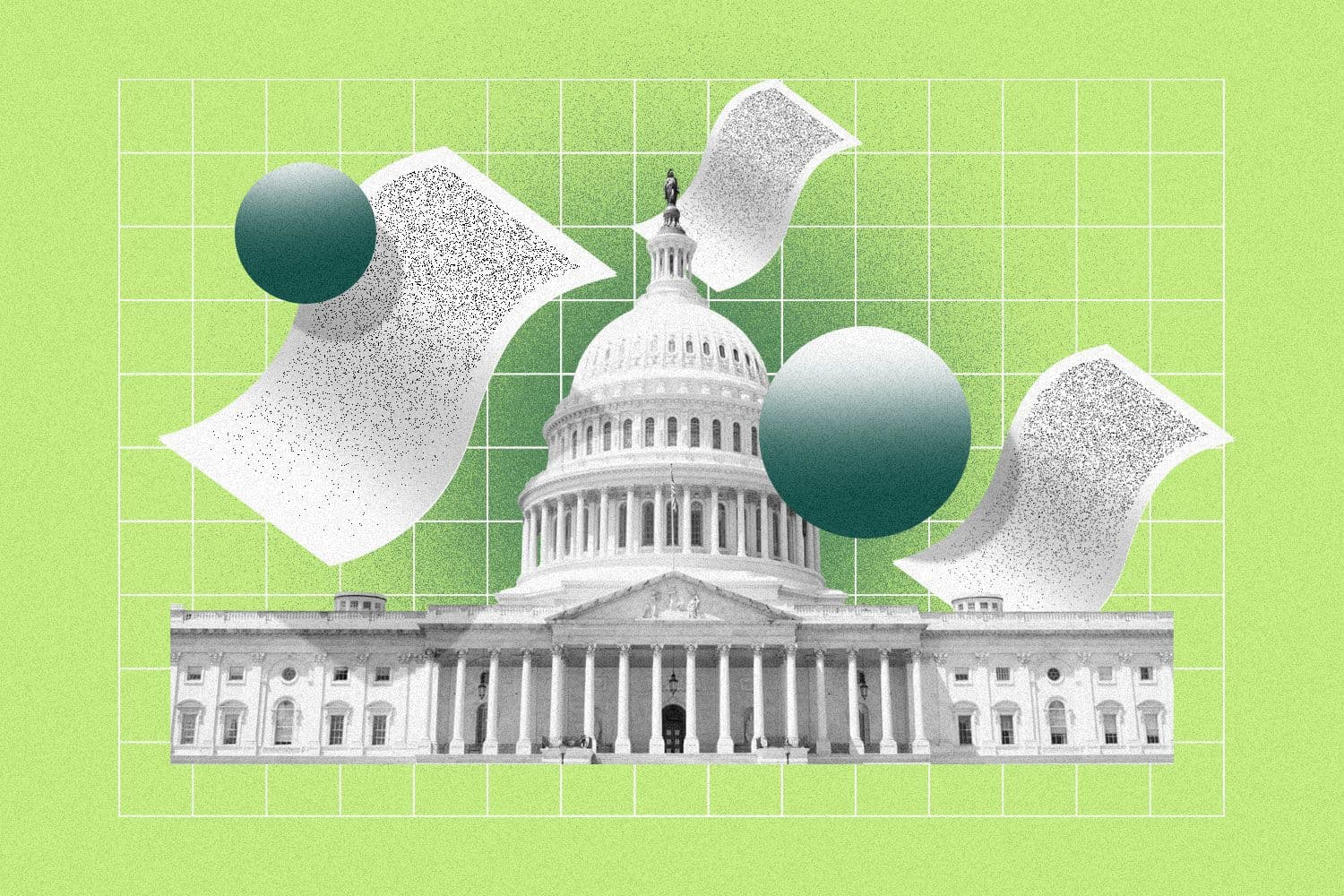Breaking down the workplace regulations the Biden administration passed this spring
Here’s a TL;DR of all the labor and employment policies passed in DC over the last few months.

Francis Scialabba
• 5 min read
Courtney Vinopal is a senior reporter for HR Brew covering total rewards and compliance.
It has been a busy spring for labor and employment agencies in DC, which finalized a flurry of policies that may have implications for HR pros going forward.
With the presidential election approaching in November, rules passed by President Biden’s administration after mid-May are liable to be overturned should Republicans gain control of both chambers of Congress and the White House. Lawmakers can do this via the Congressional Review Act, which allows members that are part of a new Congress 60 days to reconsider rules passed toward the end of the previous Congress.
White House administrations typically seek to finalize rules in the spring of an election year to avoid scrutiny under this lookback period—thus the surge of newly released employment regulations your HR department is now preparing to comply with. Here’s a TL;DR of all the labor and employment policies passed in DC this spring.
The FTC banned noncompetes. The Federal Trade Commission (FTC) finalized its long-awaited rule banning employers from using noncompete clauses in employment contracts on April 23. While the rule is facing legal challenges—including a lawsuit brought by the US Chamber of Commerce—it’s expected to affect some 30 million workers once it takes effect.
HR departments that have traditionally relied heavily on noncompetes are advised to consider other ways they can protect their organizations from unfair competition or dissemination of confidential information in light of the ban. Alternatives might look like non-disclosure agreements or non-solicitation provisions, experts told HR Brew in January.
The DOL extended overtime to salaried workers. An estimated 4 million additional salaried workers will be entitled to overtime once a final Department of Labor (DOL) rule is implemented on Jan. 1, 2025. That rule, announced on April 23, will raise the salary threshold for white-collar workers to qualify for overtime from $35,568 to $58,656 annually.
Employers will have to consider whether they can afford to raise workers’ salaries above this threshold. If not, they may have to reclassify them as non-exempt hourly workers.
The DOL’s independent contractor rule took effect. The Biden administration took aim at worker misclassification with a final rule that went into effect on March 11. The rule applies a stricter test for employers to determine when a worker qualifies as an independent contractor.
It restores a “multifactor economic reality test” that was loosened by President Donald Trump in 2021. Rather than consider one factor when determining independent contractor status, employers must now take into account a multitude of factors, including “opportunity for profit or loss,” and the degree of control an employer has over the work.
Quick-to-read HR news & insights
From recruiting and retention to company culture and the latest in HR tech, HR Brew delivers up-to-date industry news and tips to help HR pros stay nimble in today’s fast-changing business environment.
The DOL issued a final rule broadening allowance of third parties on worksite inspections. Employees may ask a third-party representative—whether or not that person is a direct employee of their company—to be present during Occupational Safety and Health Administration (OSHA) worksite inspections under a rule that takes effect May 31. The rule intends to clarify an existing standard that was brought into question by a district court in 2017.
The new standard moves away from the expectation that a non-employee representative has industry-specific credentials, and instead indicates they can be approved based on a range of qualifications, including “relevant knowledge, skills, or experience with hazards or conditions in the workplace or similar workplaces, or language or communication skills.”
The EEOC updated its workplace harassment guidance for the first time in two decades. The Equal Employment Opportunity Commission (EEOC) released updated guidance on workplace harassment on April 29. The guidance, which is the first such update since 1999, states that workplace harassment can include sex-based harassment, such as misgendering a worker or preventing an employee from accessing a bathroom that aligns with their gender identity.
In light of the increased number of employees working remotely at least some of the time, the EEOC also indicated harassment may occur in virtual environments. Sending racially insensitive jokes on a company email system, for example, or targeting employees on social media, fall under behaviors that would be scrutinized by the EEOC for potential harassment.
The EEOC issued a final rule for implementing the PWFA. The EEOC laid out how employers should be complying with the Pregnant Workers Fairness Act, which went into effect last year, in a final rule announced on April 15.
Under this legislation, employers have to provide “reasonable accommodations” to workers who are pregnant or dealing with a related medical condition. Related conditions may include abortion, the EEOC said in its rule. The agency also specified four job modifications that would be considered reasonable “in virtually all cases,” including allowing additional restroom breaks, and letting workers take breaks to eat and drink as needed.
Quick-to-read HR news & insights
From recruiting and retention to company culture and the latest in HR tech, HR Brew delivers up-to-date industry news and tips to help HR pros stay nimble in today’s fast-changing business environment.